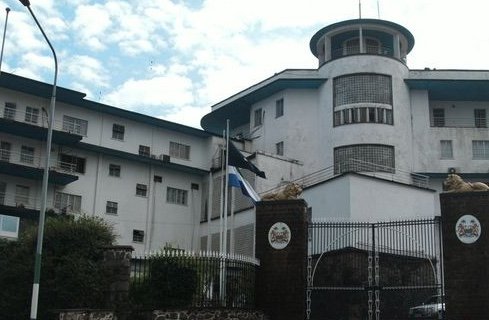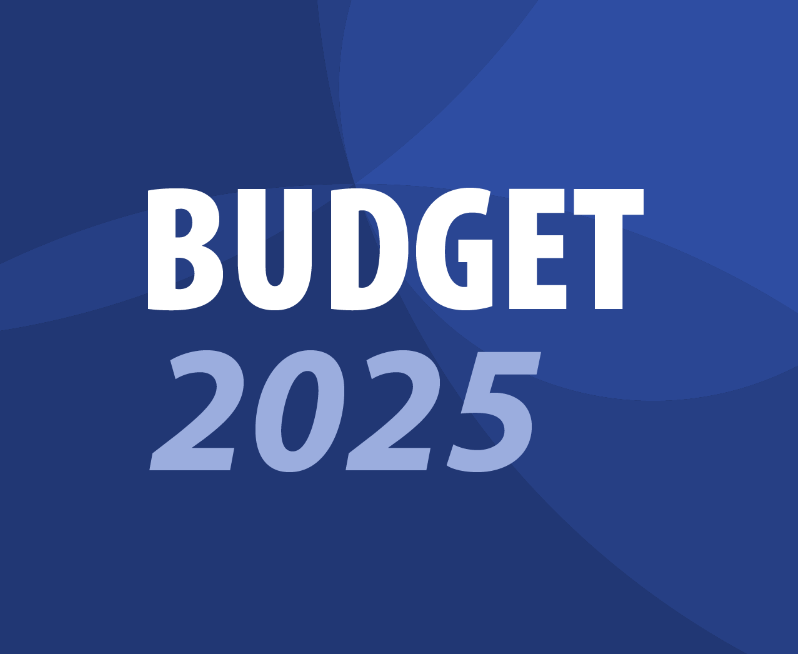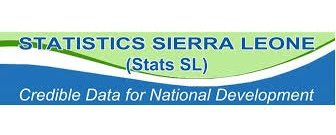Govt Moves to Regulate Wage Bills
 Sierra Leone Government House
Sierra Leone Government House
The government - effective fiscal 2025 - is instituting a Medium Term Wage Bill Management Strategy (MTWNMS) as a means of curtailing the impact of wages on domestic revenue in the economy.
This is part of the measures being introduced by the government to block loopholes and ensure the economy enjoy some respite in the coming year. 'On current trends, the wage bill will become unsustainable and keep crowding out priority spending'. Finance Minister, Sheku Bangura told parliamentarians over the weekend. The government as a remedial measure, he announced, has therefore come up with the strategy which has the following key objectives viz:
- Sustainability: The strategy targets a reduction in the share of the wage bill to domestic revenues to ‘no more than 35 percent’, or not exceeding ‘4 percent of Gross Domestic Product (GDP)’. Such a reduction is imperative for reallocating resources to priority sectors, this goal is essential for creating fiscal space for priority expenditures.
- Transparency and Reliability: Building upon ongoing reforms, the Government seeks to enhance the transparency and reliability of the wage bill, fostering confidence among stakeholders in the budgeting process.
- Credibility: The Government aims to improve credibility and minimize variance of the wage bill by reducing discrepancies between budgeted amounts and actual expenditures thereby promoting a more accurate financial landscape and government payroll management.
- Predictability: Achieving a more predictable wage bill will facilitate better planning across Ministries, Departments, and Agencies (MDAs), allowing for a more structured approach to personnel management.
To operationalize the objectives of the MTWBMS, the government plans to Institutionalize Annual Payroll Discussions, by separating annual payroll budget for all MDAs. Requiring all MDAs to present their payroll plans to the Ministry of Finance, the government aims to gain a clearer understanding of recruitment, promotions, retirements, and salary adjustments. This systematic reporting will help ensure more realistic budget allocations tailored to existing resources. Institute workforce payroll planning mandates the government to prescribe ‘recruitment quotas’ based on fiscal capacity, especially pertinent in tightening the fiscal space and will help to reduce the frequency of in-year recruitment requests from various MDAs.
To stabilize expenditures, the government is also calling for a moratorium on salary adjustments for all sub-vented agencies during financial year 2025. “This pause is particularly significant as the Wages and Compensation Commission becomes fully operational, tasked with resolving wage disparity issues across the public sector, which seeks to stabilize the wage bill amidst ongoing adjustments to wage structures.” He emphasized that—Budget Alignment for Newly Established Agencies will not be operationalized during the 2025 fiscal year to avoid unexpected costs, without aligned budget planning, ensuring that new expenditures do not detract from existing commitments. Instead, their staffing should align with the established budget planning cycle.
The government also plans to strengthen, monitor and implement the Payroll Steering Committee (vital for oversight) to monitor the implementation of MTWBMS. This dedicated committee will ensure that reforms are executed effectively and that objectives are met. The government will also establish a Wage Bill Forecasting Working Group that will enable the Ministry of Finance to produce quarterly payroll forecasts. “This will empower the Ministry of Finance to make informed decisions and facilitating timely decision-making in payroll management and budget adjustments”.
18-11-2024







